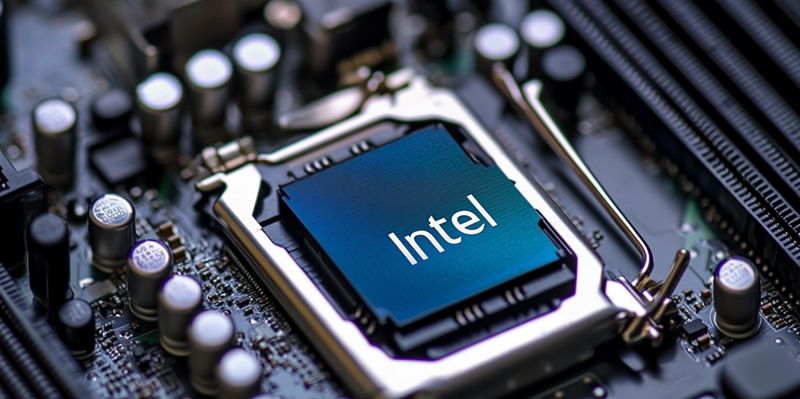Nvidia’s highly anticipated next-generation Blackwell AI hardware, which was initially introduced to the public in March, has hit an unexpected obstacle that has delayed its full-scale release. The company had planned to roll out these advanced systems later this year, but this timeline has now been pushed back. A significant customer for this new technology, Amazon Web Services (AWS), will now have to wait until early 2025 to incorporate Blackwell systems into its cloud computing platform. This delay stems from Nvidia needing to address a design flaw in the hardware, which required a "respin" of the hardware masks used by Taiwanese Semiconductor Manufacturing Company (TSMC) to produce the Blackwell chips. Although AWS already has early Blackwell samples, the production-level units required for broader implementation will not be available until the following year.
Impact on Nvidia’s Timeline and Strategy
During Nvidia’s Q2 earnings call, CFO Colette Kress shed light on the complications that led to the delay. According to Kress, the design flaw led the company to revise the mask used in production, aiming to improve chip yields. The revision process, although recently completed, was necessary to ensure quality and production efficiency. Importantly, there were no additional changes made to the chip’s functionality, allowing Nvidia to maintain its original design specifications. Despite this minor setback, Nvidia remains confident in its revenue projections. The company anticipates billions in revenue from Blackwell hardware sales as production ramps up towards year-end, with even more substantial gains expected in 2025. The delay does not seem to have dampened the enthusiasm of Nvidia’s customer base. The company reports that it has already sold out its Blackwell hardware for the entirety of 2025.
Among the first to integrate the new AI hardware will be major cloud service platforms, including Google Cloud and Microsoft Azure, alongside AWS. This strong market confidence highlights the anticipation surrounding Blackwell, demonstrating the significant opportunities that Nvidia’s new AI hardware is poised to unlock. Despite the postponement, Nvidia is moving swiftly to overcome these production hurdles and ensure that the new timeline is met without further disruptions.
Market Reactions and Future Prospects
The delay of the Blackwell AI hardware has definitely stirred the tech world, but it hasn’t seriously hurt Nvidia’s market stance or customer trust. Major cloud service providers already committed to buying the hardware for 2025 highlight the strong demand and the expected high performance of Blackwell systems. This early interest underscores the pivotal role Blackwell hardware is set to play in future cloud computing and AI applications.
Nvidia’s strategic approach to the delay has been commendable. They quickly addressed the design flaw and overcame production challenges, showing resilience. Matt Garman, CEO of AWS, confirmed that while AWS is using early samples of Blackwell, they are eagerly awaiting the full production units. This suggests that despite the delay, anticipation and readiness to adopt Blackwell systems remain high.
In summary, Nvidia’s Blackwell AI hardware faced a production delay due to a design flaw requiring a hardware mask respin, pushing back delivery for clients like AWS. Nevertheless, this setback hasn’t dampened market enthusiasm or affected Nvidia’s revenue projections. Major cloud service platforms are still keen to integrate the new hardware, reflecting strong market confidence. Nvidia’s quick problem-solving has reinforced its market leader status in AI hardware technology.

